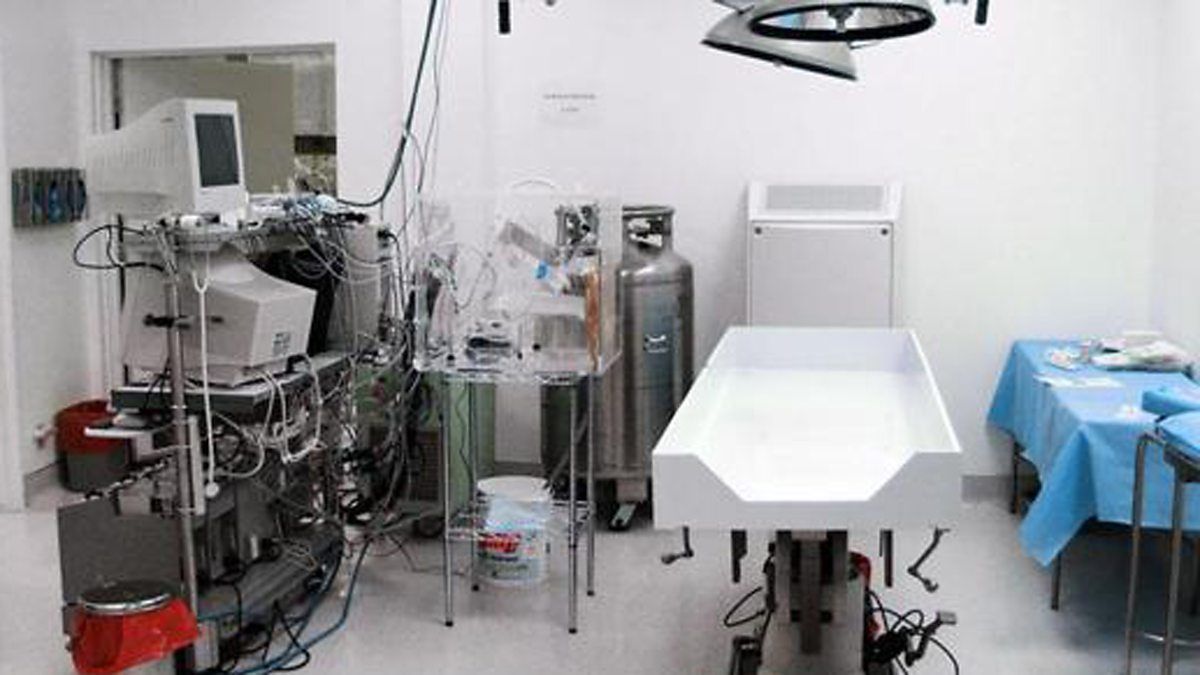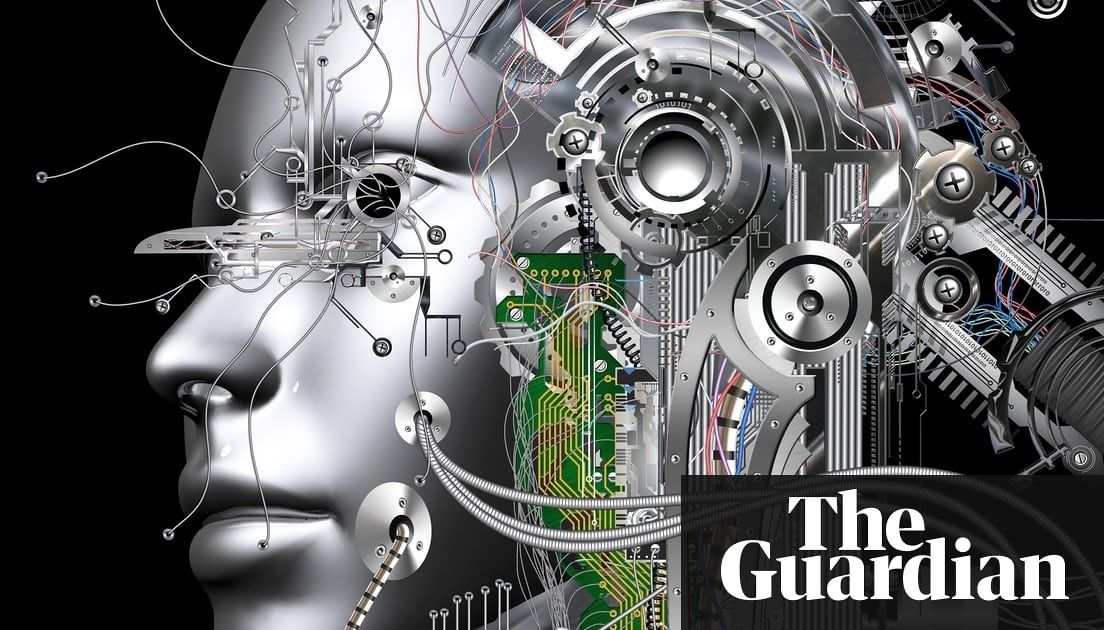Long story in The Independent: https://www.independent.co.uk/…/biohacking-transhumanism-aa… #transhumanism #biohacking
On the morning of 29 April, staff at the Soulex spa in Washington DC discovered the lifeless body of one of its clients lying face down in a sensory deprivation tank. The body was that of 28-year-old Aaron Traywick, who less than three months earlier had injected himself live on stage at an event in Austin, Texas, with an untested gene therapy that he claimed could cure herpes.
Stories soon spread about the discovery of Traywick’s body, with some inferring a potential link between the DIY herpes treatment and his untimely death. But those who knew the young entrepreneur and were familiar with the work he did suspected something much more sinister.
Traywick was part of a fringe but steadily growing community known as body hackers – or biohackers – whose modest goal is to cure disease, end ageing and ultimately stop death. “Why this test is so important,” he said on stage in Austin, just before injecting himself in the leg with the therapy, “is because if we succeed with herpes in even the most minor of ways, then we can move forward immediately with cancer.”







